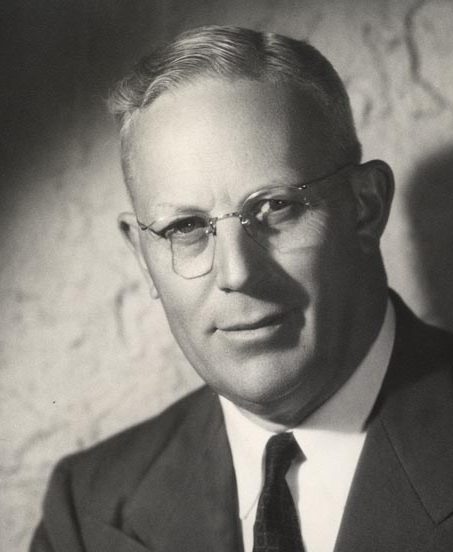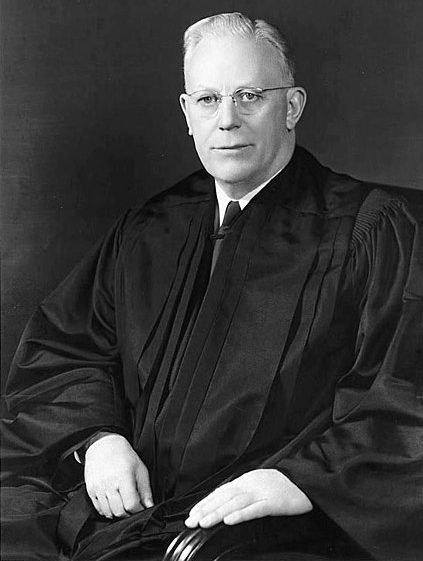
Lt. Gov. Goodwin Jesse Knight, a genial, moderate Republican, is sworn in on October 5, 1953, as California’s 31st governor after the resignation of Earl Warren, who leaves office to become Chief Justice of the United States Supreme Court.
Conservative Republicans hope Knight will not be as “progressive” as Warren on social issues. Knight disappoints them, in part because he views his first term as an extension of Warren’s.
If there is doubt in the minds of conservatives as to Knight’s policies, his first inaugural speech likely clarifies the issue:
“It has been the fashion in recent years to label every public servant as a “conservative,” “liberal” and so forth. This kind of political packaging has the advantage of the slogan and, besides, requires little thinking and no research.
“This formula will not be the true test of the coming administration at Sacramento. I shall denounce the rigor mortis of all reactionary policies and shall welcome all workable programs for social betterment.”
Elsewhere in his brief inaugural speech, Knight says the state must do more to combat smog — the “shadowy monster now injuring our health, happiness and recreation.”

Knight’s governship is a period of unprecedented population and economic growth that left the state with a $70 million “Rainy Day” fund he worked to preserve.
He successfully negotiates with the Hearst family over the “castle” at San Simeon becoming a state park and attends opening day ceremonies at Disneyland in 1955.

In May 1954, the Warren Court issues its landmark ruling in Brown vs. Board of Education, beginning the end of school desegregation. Over the 16 years Warren serves as chief justice, the court also establishes a constitutional right to privacy and requires legislative districts to be of roughly equal population — “one man, one vote.”
 Other Warren court rulings order that criminal defendants who can’t pay be provided a lawyer and demand that those being interrogated by the police be informed of their rights, what are now known as “Miranda” rights after the court’s decision in Miranda v. Arizona.
Other Warren court rulings order that criminal defendants who can’t pay be provided a lawyer and demand that those being interrogated by the police be informed of their rights, what are now known as “Miranda” rights after the court’s decision in Miranda v. Arizona.
Warren, GOP Presidential candidate Thomas Dewey‘s running mate in 1948 remains chief justice until 1969, swearing in President John Kennedy, President Lyndon Johnson and Eisenhower’s former vice president, Richard Nixon. He also chairs the commission that investigates Kennedy’s assassination.
